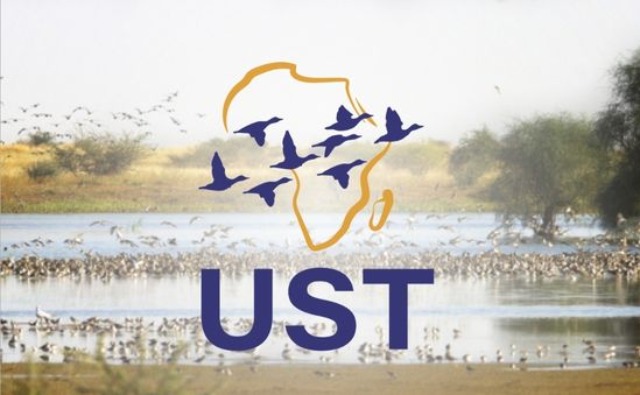
This is the third and final year of monitoring juvenile spoonbills in the project in partnership with Tamar Lok, researcher at NIOZ, the Netherlands. The goal is to study the importance of genetic and environmental factors in determining the migration routes of juvenile spoonbills. This knowledge is essential for understanding how migratory species in general, and spoonbills in particular, can adapt their migration routes to environmental changes along their migration routes.
This year 2021, in May, we equipped 37 young spoonbills with GPS tags in a Camargue colony near Saintes Maries de la mer. You can follow in real time the equipped spoonbills on this page.

To date, all the juveniles have left the colony and dispersed to other sites in the Camargue. Some of them, such as “Yves” and “Marianne”, have already undertaken long trips to Vendres or the Narbonnaise park, while “Pierre” has gone up the Rhone river and is now in the vicinity of Chalons sur Saône.

In addition to better understanding the post-fledging habitat use of spoonbills, the primary objective of this research is to understand the environmental factors that determine the early south migratory routes of these juveniles. We believe that social information (from experienced adults) plays an important role in the choice of stopover and wintering sites for juvenile spoonbills. To further investigate this question, we would like to collect information on the social environment in which GPS-tracked juveniles are found. This will allow us to determine whether juveniles that have been in the presence of experienced adult spoonbills adopt more suitable migration
routes and are more likely to survive, and whether they establish “social bonds” that are maintained during migration. This last point can only be confirmed when there are other ringed individuals in the group. To gather the necessary information, we would like to ask for the help of citizen scientists.
How can you help us?
If you see a spoonbill with a transmitter on its back, we would be grateful if you could collect and send us some information about its environment. You can find the most recent locations of the birds (within the last 24 hours) on this website, or on the Animal Tracker app.
You can visit our project page for more information on what information we are particularly interested in and how you can send it to us.



